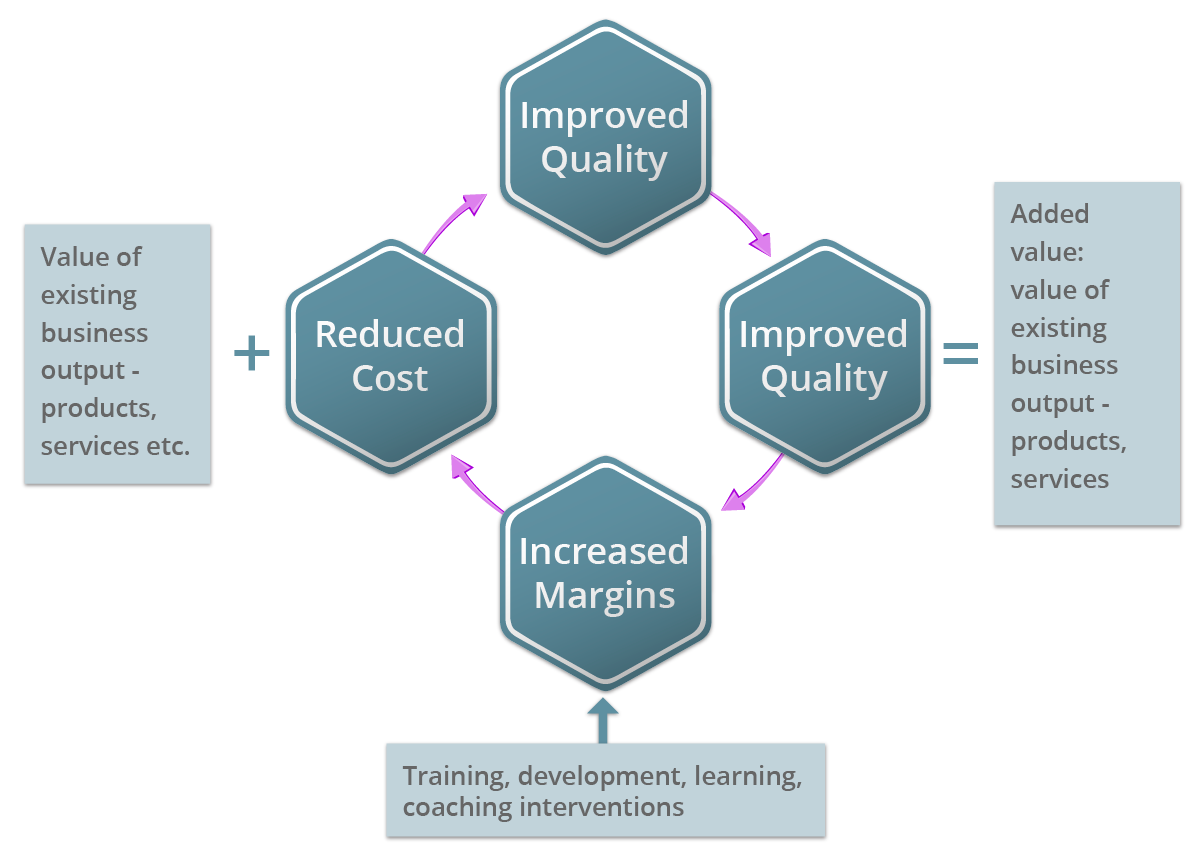To deliver an effective digital communications strategy, the following managed processes and activities need to be in place:
- Support in developing fresh new business users to an agreed profile;
- Content Strategy:
- Development of an editorial schedule that supports the service offering;
- Production of ‘strategic’ content as identified by the editorial schedule;
- Social media posts and blog posts of ‘strategic’ content;
- Social media posts of ‘reactionary’ content.
- Social Media Support:
- Support sales activities on social media;
- Help identify the contact points in available prospect types;
- Identifying suitable social media platforms
for lead generation content posting.
- Reporting:
- Site reach;
- Social media reach.
- Web site:
- Support the web site by adding landing and content pages to
the web site as required by the activities of the sales team.
- Support the web site by adding landing and content pages to

